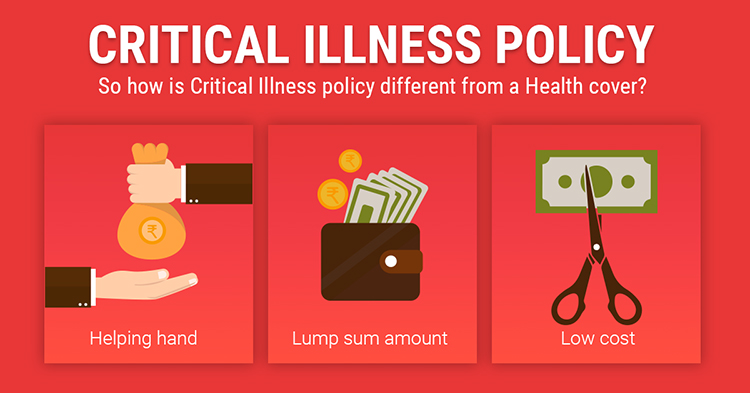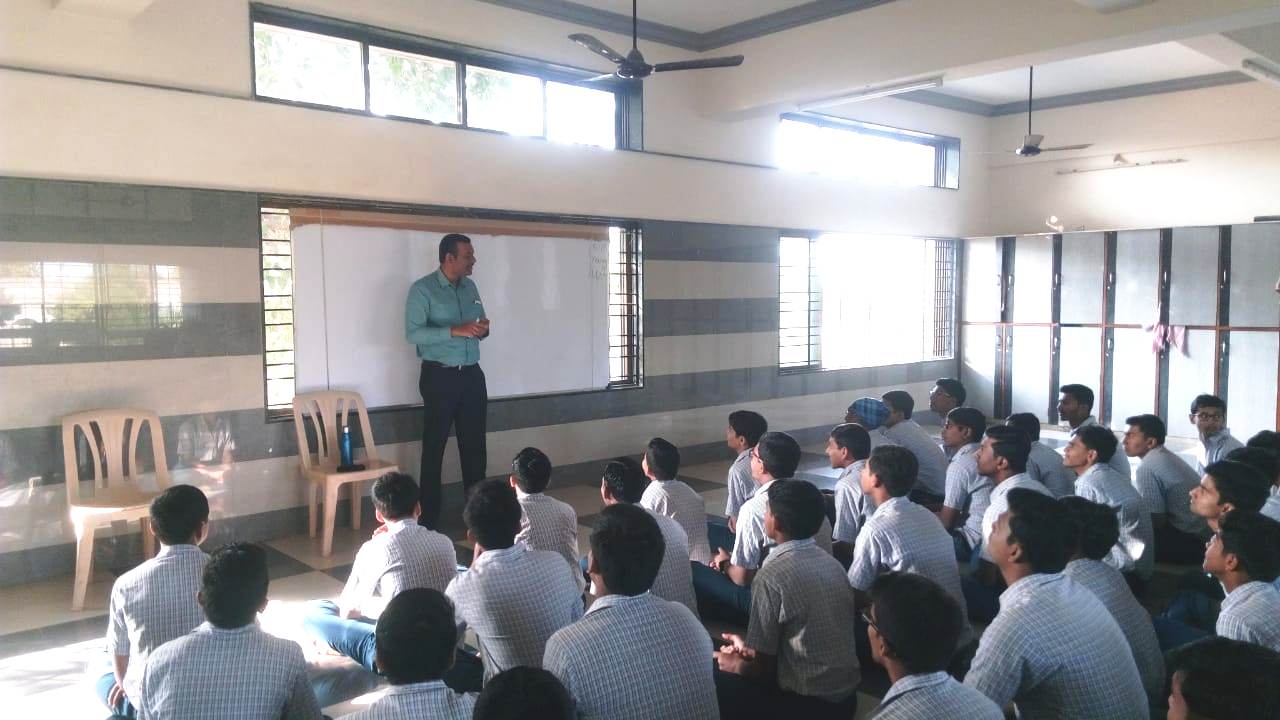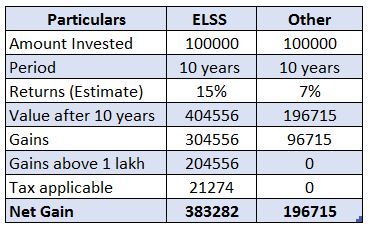- Hits: 2295
Understanding the disability rider

Disability Insurance in India: How to get it!
Let’s learn what disability insurance is and how to be insured for disability.
Insuring one’s ability to keep earning livelihood is of paramount importance. Accidental disability can render anyone temporarily or permanently disabled for life. This is why we all look for an insurance policy for disability. However, getting disability insurance in India is not a straightforward task. In fact there are no separate insurance policies available especially to cater for the events of disability. So, many people wonder how to get such an insurance policy. Today I am going to write a few facts on this subject.
What is Disability Insurance?
Disability insurance is also known as disability income insurance. It is an insurance policy that covers a person for disability conditions in future. Disability due to accidents and diseases can strike anyone at any time. Such an event may adversely impact one’s ability to earn. A disability insurance policy ensures that if such an event happens, the insured person would get financial assistance. The money got from disability insurance can come handy for treatment and to provide for the dependent family members.
A lot of people do not understand the importance of getting a good disability insurance. People make all sorts of investments but they hardly invest a portion of their income in securing their future against permanent or temporary disabilities.
Depending on the nature of disability, the insurance can provide short-term disability benefits or long-term disability benefits.
How to Get Disability Insurance in India?
As I said earlier, there are no separate insurance policies available for protection against disability. But various Life Insurance and Term Insurance plans come with disability and accident riders. A rider is an add-on for which you will have to pay extra premium. If you opt for disability rider in your insurance plan — then you will receive benefits in case of a disability. Some plans offer benefits only in case of permanent disability whereas some other offer benefits for temporary disability as well.
Disability Insurance often Corresponds to Monthly Income
Yes, the disability rider corresponds to monthly income. One can get an amount equal to their income for a period of 10 years every month. The main advantage of this rider is that disability arising after 180 days of accident is also covered. So even if you get disability later on, you are covered. However the insurance company must be informed as soon as the disability occurs (Standard time is 90 days).
Premium waiver for life insurance policy
Another advantage of LIC disability rider is that post disability the insured does not have to pay any premium for his life insurance policy. The policy continues with all benefits for free.
How LIC defines benefits under disability rider:
In case of Total and Permanent disability arising due to accident an amount equal to accident benefit sum assured will be payable over a period of 10 years in monthly instalments. However, the payment of accident benefit will be subject to an overall limit of Rs.25 lakh under all policies of the Life Assured with the Corporation taken together.
The disability due to accident should be total and such that the Life Assured is unable to carry out any work to earn a living. Following disabilities due to accident are also covered -
a) irrevocable loss of the entire sight of both eyes or
b) amputation of both hands at or above the wrists or
c) amputation of both feet at or above ankles, or
d) amputation of one hand at or above the wrist and one foot at or above the ankle.
Contact us today for securing your future income @ +91-7990290560








 Critical illness is an illness that is a major illness affecting an important organ of the body. Examples of critical illnesses – heart attack, stroke, cancer, kidney, lungs, liver failure etc. The longer that we are living, the more the chances of any of these critical illnesses striking us. 99% of clients that I have met are usually aware of hospitalisation policy, for example, a “Mediclaim” policy.
Critical illness is an illness that is a major illness affecting an important organ of the body. Examples of critical illnesses – heart attack, stroke, cancer, kidney, lungs, liver failure etc. The longer that we are living, the more the chances of any of these critical illnesses striking us. 99% of clients that I have met are usually aware of hospitalisation policy, for example, a “Mediclaim” policy.









